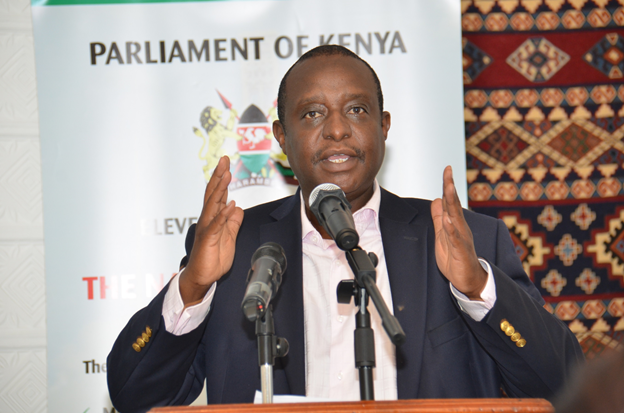The Project Management Institute (PMI) Kenyan chapter last month launched its first Strategic Plan (SP) which aims to exert “influence on the planning and management of major capital private and public projects in the country.”
The Strategic Plan has clarified and expanded PMI’s mandate to “include advocacy for the enactment of legislation and education curricula regarding planning and management of large capital projects in the country.”
The Strategic Plan
The SP is significant because it will help the country to adopt project management best practices and principles thereby reducing project costs and schedule overruns. The Plan is will also promote accountability and ensure that the right people are connected to the right projects.
The Principal Secretary at the Ministry of Transport, Infrastructure, Housing and Urban Development, Charles Hinga Mwaura noted that most public projects in Kenya stretch beyond their set timelines and above the set budgets.
“The number of major capital projects that are over budget, late or both, in Kenya is alarming. Cost and time overruns are the major culprits of project abandonment and failure in Kenya but we do not seem to be doing enough to change the tide. Infusing strategic, transparent, accountable, and well thought out processes into any project sets it up for success,” he said.
According to PMI, Deloitte last year raised a concern over the number of private and public projects that have been delayed and have led to cost overruns. This has resulted to project abandonment and project failure.
“Approximately 48 per cent of projects report a cost overrun and 87 per cent of projects have a time overrun. This is largely attributed to inadequate initial contract periods that do not consider all factors resulting in time delays,” Africa Construction Cost Trends Report observed.
PMI Kenya President Clement Kitetu said: “The single most important thing should be to help stakeholders understand the “why” behind the project for them to champion and propel it to success. We have found that most times, when stakeholders have a clear understanding of the problem around a project and are consulted and involved, the cost of the intervention tends to come down tremendously.”
The Kenyan PMI chapter was chartered in 2014 under the Societies Act. The Institute has more than 350 members.




